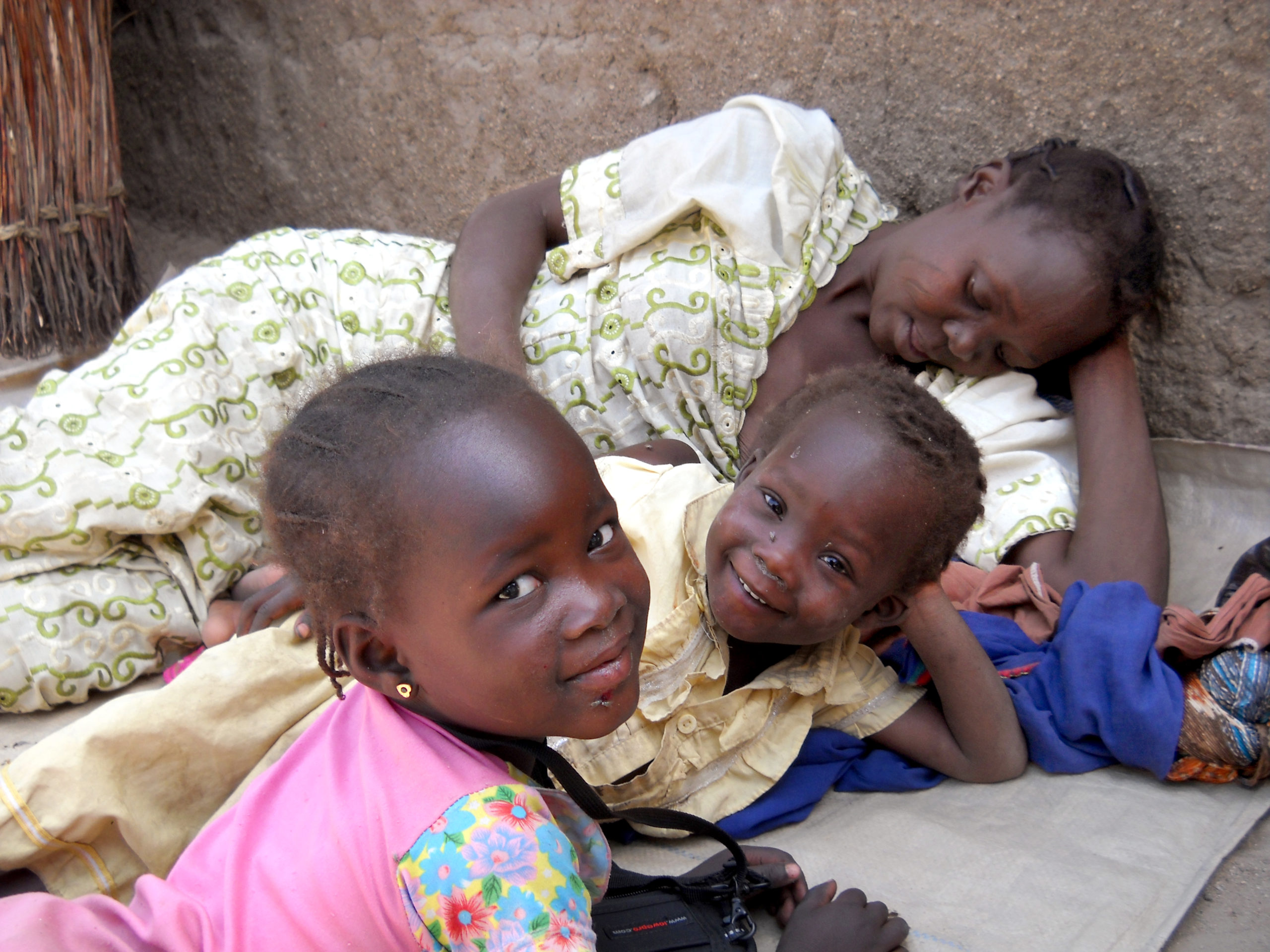Viewing HIV/AIDS In A New Light
Story

Tackling obstacles to health services in Cameroon.
In Cameroon, people living with HIV/AIDS are often seen as ‘tarnished, inferior or corrupted.’ Many are afraid to tell their families for fear of being shunned. Too many people here simply don’t have access to accurate information, a challenge that is amplified by the fact that there are over 300 different ethnic groups in this West African nation.
Misinformation and misconceptions are severely impacting the day-to-day lives of people living with HIV/AIDS. And that is what brought Cuso International volunteer Greg Spira to Cameroon.
Greg Spira and his wife spent two years in Cameroon, volunteering with Cuso International and working with local partner organizations to shed some light on the obstacles and prejudices faced by people living with HIV/AIDS.
The project that Greg facilitated involved giving people living with HIV/AIDS cameras so they could photograph and start discussions around the issues that affected them, the services they received and what the disease meant to their daily lives.
“A lot of people don’t have accurate information about HIV/AIDS and in part that’s because there’s traditionally a tendency to talk at people to give them information. If that information is at the start perceived to be against what they believe, the audience is not going to listen,” explains Greg.
The truth about the illness must be communicated in a way that invites people to the conversation. This is not as easy as it seems in a country as diverse as Cameroon: which is, in part, how the photo project was born. Pictures overcome language barriers and cross ethnic divides. As well, Greg worked with local partner organizations to help bridge the differences between the diverse ethnic groups and communities.
Changing the way people think about HIV/AIDS won’t happen overnight, but progress is being made. And it starts with shedding light.
Make a donation and help send more volunteers where they’re needed most